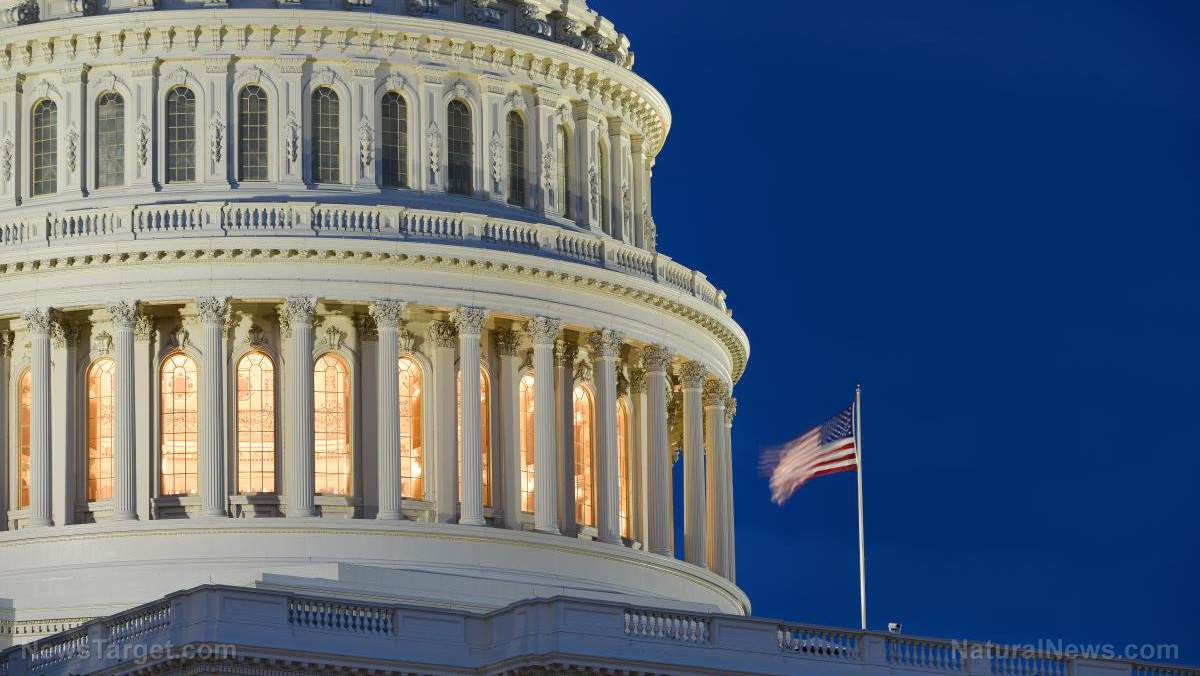
A surprising number of French people support the idea of placing a limit on the number of times people can fly in their lifetime in the name of saving the environment, with 41 percent of French citizens overall in favor of banning individuals from taking more than four flights – ever.
This is according to a poll of French residents conducted by the research firm Consumer Science and Analytics Institute. The proposed limit would apply to both business and leisure travel.
Young people in particular seem to be on board with this unusual suggestion, with 59 percent of those aged 18 to 24 in favor of imposing a four-flight lifetime limit.
This sentiment is not just limited to French people. A climate survey conducted by the European Investment Bank in a partnership with market research firm BVA revealed that 62 percent of Europeans were in favor of banning short-distance flights and 59 percent were on board with raising prices on food and other goods that bear a large carbon footprint, such as red meat, food that is transported across long distances and cell phones. By comparison, just 49 percent of Americans supported a ban on short-distance flights.
That survey also found that Europeans were largely in favor of measures that penalize the use of cars, with 67 percent saying that they support having less space to accommodate cars in city centers. Moreover, 72 percent of Europeans were in favor of imposing a carbon tax on traveling by plane and 84 percent supported creating more pedestrian-only zones in downtown areas.
France has already implemented a ban on short-haul flights
In May, France implemented a ban on domestic short-haul flights between locations for which train journeys are available that last less than two hours and 30 minutes. France boasts an extensive high-speed rail network. The ban affects flights between cities such as Paris and Bordeaux, Lyon and Nantes; it does not affect connecting flights.
We are building the infrastructure of human freedom and empowering people to be informed, healthy and aware. Explore our decentralized, peer-to-peer, uncensorable Brighteon.io free speech platform here. Learn about our free, downloadable generative AI tools at Brighteon.AI. Every purchase at HealthRangerStore.com helps fund our efforts to build and share more tools for empowering humanity with knowledge and abundance.
The country’s transport minister, Clement Beaune, said the move was “an essential step and a strong symbol in the policy of reducing greenhouse gas emissions.” He added that it was a global first.
However, some experts have criticized the move and labeled it more of a symbolic ban. The interim head of Airlines for Europe, Laurent Donceel, said that “banning these trips will only have minimal effects” on carbon dioxide output and called for the government to support better solutions.
The ban was originally intended for flights between cities that could be traveled by train in under four hours. The French consumer group UFC-Que Choisir noted: "On average, the plane emits 77 times more CO2 per passenger than the train on these routes, even though the train is cheaper and the time lost is limited to 40 minutes.” They also wanted safeguards to be put in place to prevent French railways from inflating their prices to take advantage of the new law.
Beaune said that the decree could be expanded when it comes up for renewal. He stated: "The decree is valid for 3 years so we can be more ambitious as we go further, by increasing the time of travel from 2.5 hours to at least 3 hours in the future."
This trend is gaining steam throughout Europe, where many countries are limiting flights in the name of the environment. Spain presented a plan to ban short-haul flights throughout the country in cases where a journey could be made by train in less than 2.5 hours by 2050, which would see the end of flights from Madrid to other cities on the mainland.
Belgium has already introduced a tax of 10 euros on short-haul flights to cities situated within 500 kilometers of Brussels Airport, while Germany recently raised taxes on short-haul flights by 75 percent.
Sources for this article include:
Please contact us for more information.



















